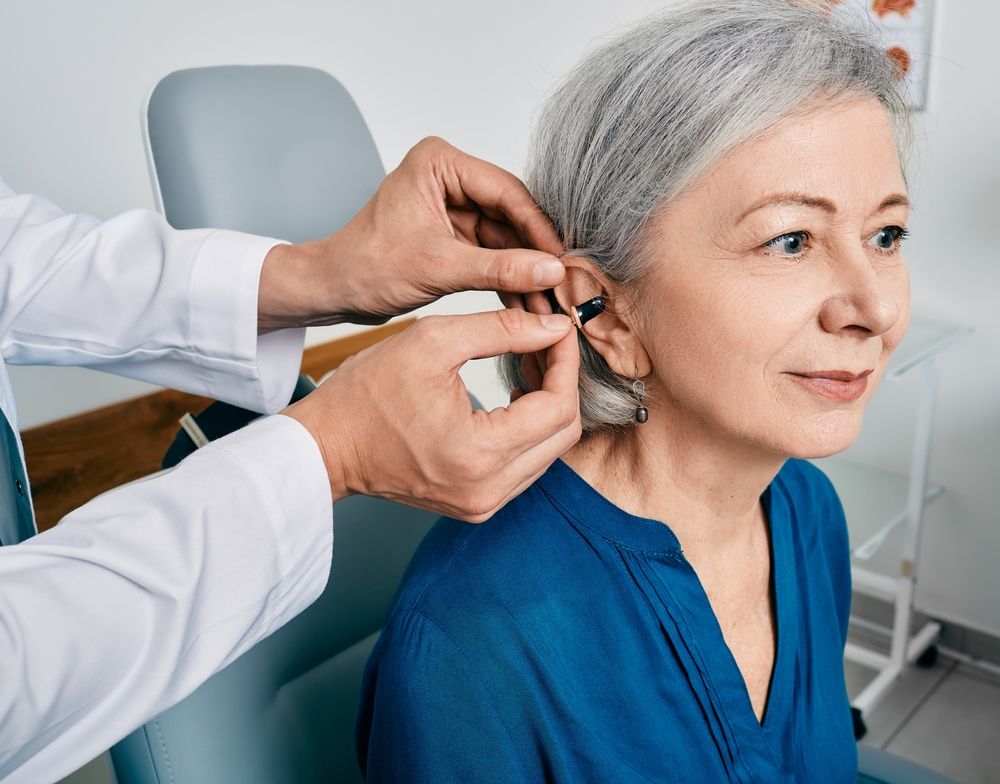
Getting fitted with hearing aids for the first time can be both exciting and a little overwhelming. Whether you’re eager to enjoy discussions more clearly, reconnect with friends and family, or just hear the world around you once more, it’s a big step toward better hearing health. But similar to any new experience, it’s not uncommon to have concerns, especially about how hearing aids will feel and how long it might take to adapt.
Many first-time users are unsure what to expect. Will the hearing aids feel cumbersome or awkward? Will ordinary noises be overwhelming at first? How long will it take to adjust to normal sounds? These apprehensions are common, but with the right guidance and a bit of patience, most individuals discover that hearing aids become a worry-free and essential part of daily life.
Let’s explore what to anticipate during the adaptation period and how you can make the transition as hassle-free as possible.
What you can anticipate during the first period of adaptation
So, are hearing aids uncomfortable? At first, they can feel a little bit unusual, particularly if you’ve never worn anything in your ears on a regular basis. Just like wearing a new pair of glasses or adjusting to a watch, it takes time for your brain and body to adapt.
You will notice the most substantial changes in two primary areas in the initial weeks of using the product.
Physical sensation
You might initially detect some pressure or unfamiliarity in your ear canal. It is standard and common for many experts in hearing health to recommend a progressive approach to using the device, starting with a few hours daily and gradually extending the time.
Some minor inconvenience is okay, but pain is not okay. If you experience discomfort or pain from your devices, reach out to your hearing care professional right away. They can fine-tune the fit or try out a different style better suited to your ear shape.
Perception of sound
One of the most unexpected parts of the adjustment process is hearing daily sounds that you might not have heard before.
The thrum of the refrigerator, birds singing outside your window, or your own footsteps may seem amplified initially. This is because your brain is figuring out how to deal with a wider range of sounds again.
It may seem overwhelming, but your brain will steadily learn to filter out unimportant background sound and focus on what really matters, like voices and music. This is part of your auditory system “retraining” itself.
Recommendations for enhancing the comfort and efficiency of hearing aids
The great news is that there are numerous strategies to help you feel more comfortable and self-assured while adapting to your new hearing aids:
1. Begin gradually
Don’t feel pressured to use your hearing aids all day immediately. Start with dedicating one to four hours daily, particularly in tranquil settings like your home.
As you become more familiar with the devices, you can incrementally increase your usage to a comfortable level.
2. Practice makes perfect
Try wearing your hearing aids while engaging in things that help your brain adapt. Enjoying an audiobooks while following along or watching movies with subtitles can help improve speech recognition and enhance your listening skills in an enjoyable and stimulating way.
3. Keep to communicate with your audiologist.
Fit and performance go hand-in-hand. If you experience any discomfort or notice something off, such as the fit of the device or the audio quality, act right away. Your audiologist can adjust your devices and offer suggestions for improved results. In some cases, a custom-fit hearing aid might be the best solution for your unique ear shape and needs.
Welcoming your new hearing experience
It’s completely normal to go through a short adaptation period with your hearing aids. Through routine usage, persistent maintenance, and guidance from your audiologist, these devices will quickly become an integral part of your daily life.
Instead of paying attention to the gadget, you will redirect your focus towards the pleasure of improved conversations, natural sounds, music, and regular social interaction.
The key is patience, practice, and remaining proactive about your comfort. Before long, your hearing aids will not only improve how you hear, but also how you live.
